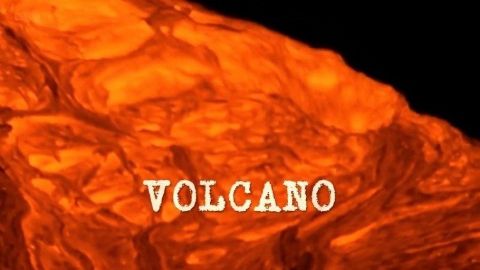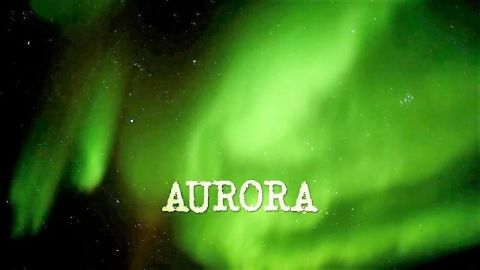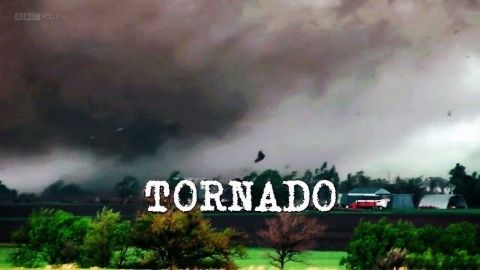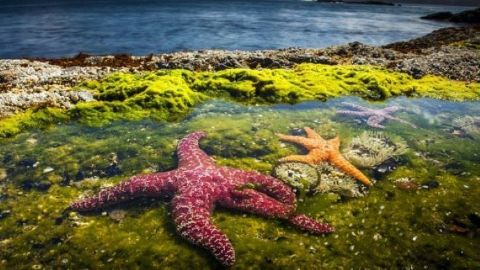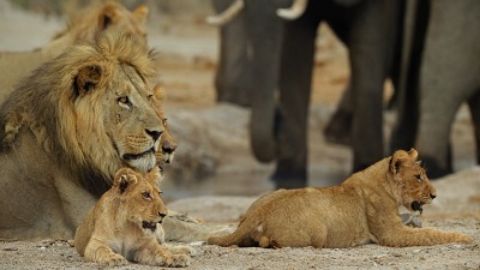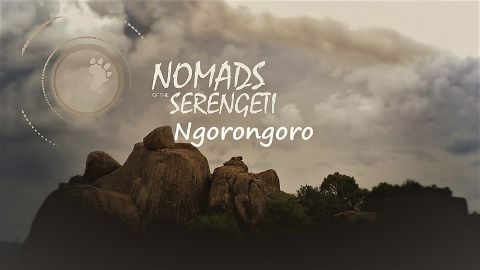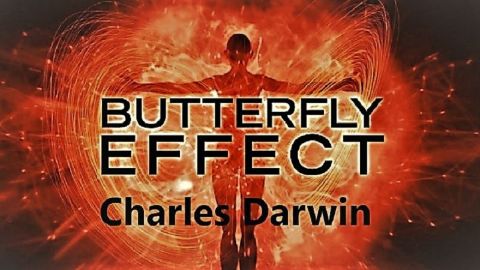Aurora • 2016 • episode "Part 4" • Dangerous Earth
Helen looks at the latest scientific insight into the aurora - dancing lights in the night sky that have fascinated cultures throughout our history. From the networks of cameras now capturing its vast scale, to novel experiments that probe the threat it poses to modern technology, Helen reveals the dramatic transformation in our understanding of the aurora, and the many mysteries that remain to be solved.
Make a donation
Buy a brother a hot coffee? Or a cold beer?
Hope you're finding these documentaries fascinating and eye-opening. It's just me, working hard behind the scenes to bring you this enriching content.
Running and maintaining a website like this takes time and resources. That's why I'm reaching out to you. If you appreciate what I do and would like to support my efforts, would you consider "buying me a coffee"?
Donation addresses
BTC: bc1q8ldskxh4x9qnddhcrgcun8rtvddeldm2a07r2v
ETH: 0x5CCAAA1afc5c5D814129d99277dDb5A979672116
With your donation through , you can show your appreciation and help me keep this project going. Every contribution, no matter how small, makes a significant impact. It goes directly towards covering server costs.

